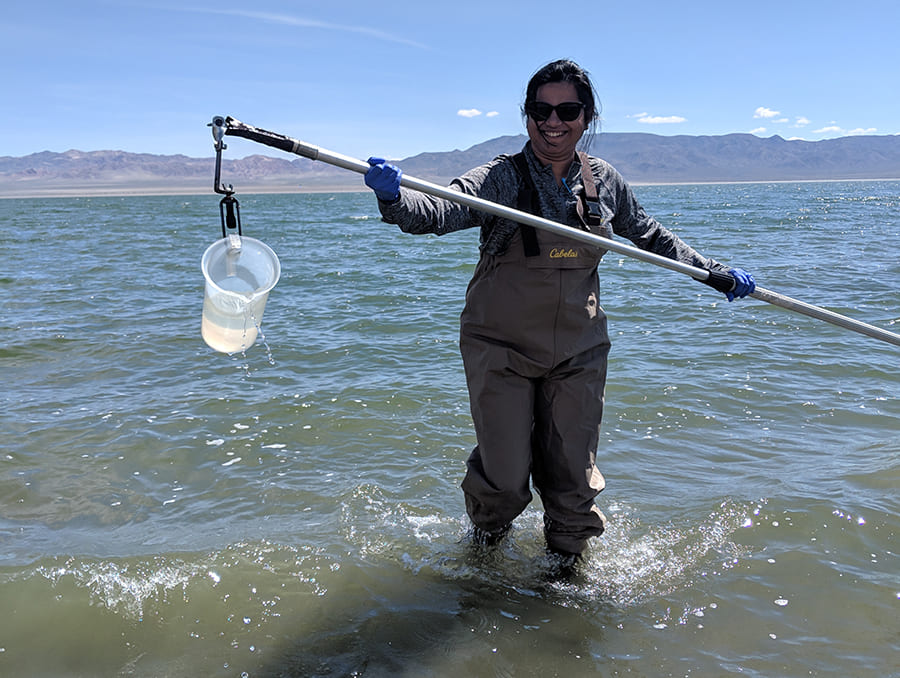Environmental engineers face strong demand for their skills on the job market, nationwide, as concerns about water use, climate change, and pollution are on the rise. With accelerating population growth and limited resources, environmental engineers are taking a more prominent role, with issues surrounding water quality and water availability at the forefront.
An environmental engineering degree prepares you to work in teams with other engineers and scientists in a range of settings, such as the following:
- Private industry
- Engineering consulting firms
- Federal, state, county and city governments
- Public utilities and educational institutions
Current estimates for job growth in the environmental engineering field is a projected job growth of 4 percent from 2020 to 2030, according to the Bureau of Labor Statistics. Additionally, salaries for graduates are competitive, with a 2022 survey from the National Association of Colleges and Employers reporting median starting salaries of $58,318 for environmental engineering graduates.

